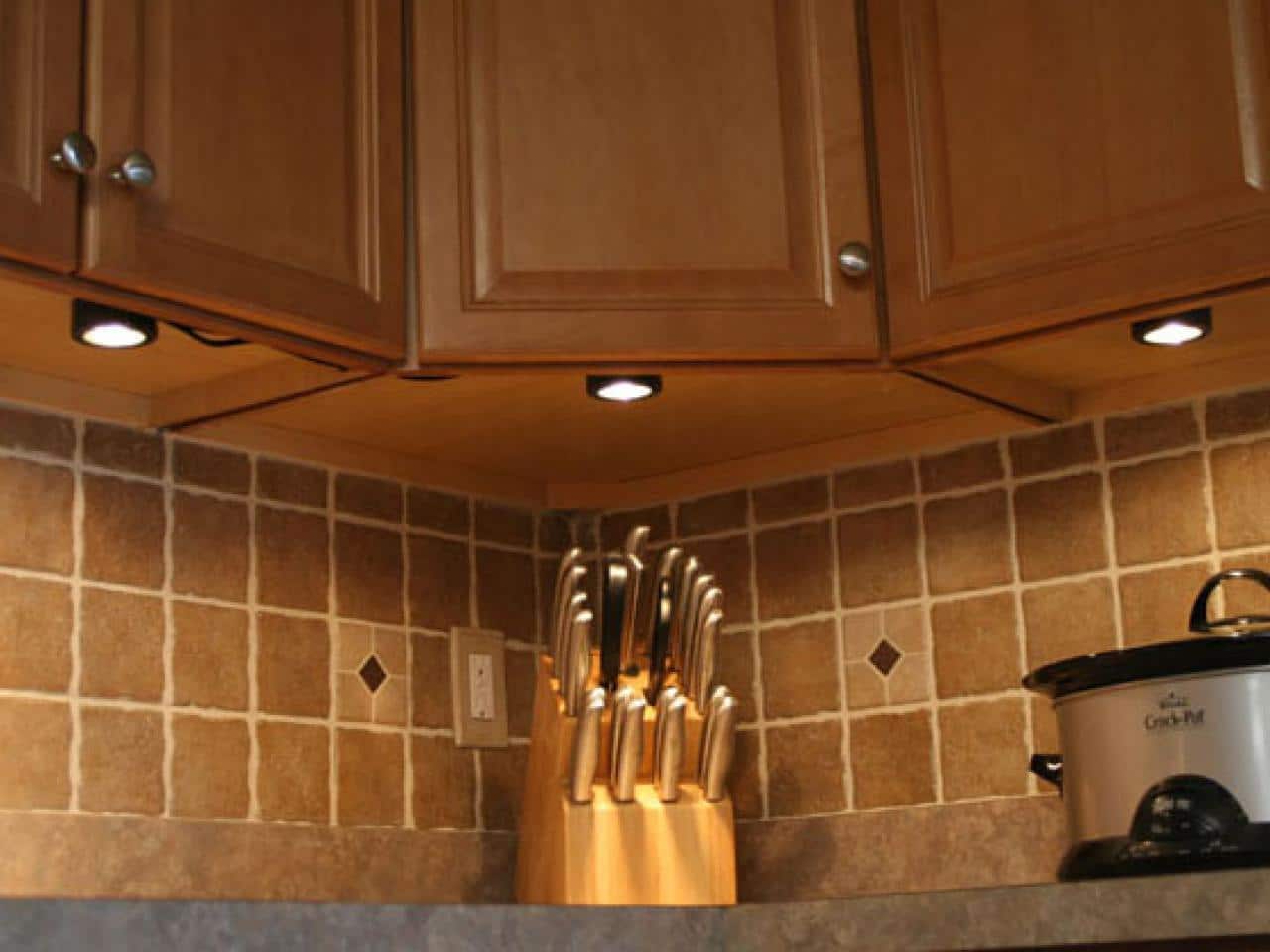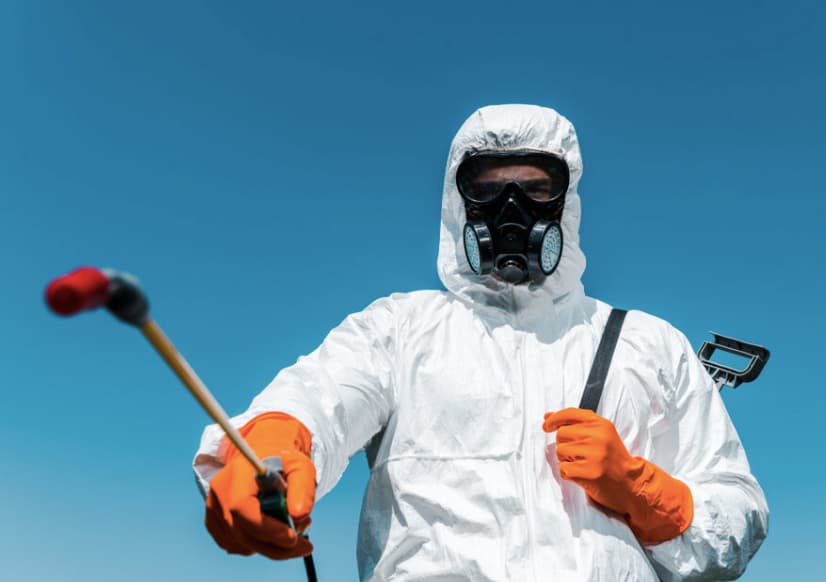Why Pest Prevention Is Essential
Pests can cause significant structural damage, spread diseases, and create an unsanitary environment. Effective pest control measures can help you safeguard your living space from these threats by keeping your home free of unwanted critters. Understanding the importance of pest prevention empowers homeowners to take proactive steps.
Common Household Pests to Watch Out For
Various pests can invade your home, and knowing which ones to look for can help you take appropriate measures. Some of the most common household pests include:
- Rodents: Mice and rats are capable of causing harm to the structure, contaminating food, and chewing through wires and insulation, increasing the risk of fires.
- Ants: These insects can invade homes for food and moisture, forming extensive colonies and contaminating food with their presence.
- Cockroaches: Known for spreading bacteria and allergens, they can exacerbate asthma and allergies and quickly multiply in hiding spots.
- Termites: These insects have the potential to inflict serious harm on wooden buildings, compromising the stability of your residence and requiring costly repairs.
- Bed Bugs: These tiny insects can cause itchy bites and infest bedding, furniture, and even clothing, making them difficult to eliminate without intervention.
Effective Prevention Methods
Implementing effective pest management methods can drastically reduce the chances of a pest infestation. Here are some basic strategies:
- Maintain Cleanliness: Keep your home clean by removing food residue. Regularly sweeping, mopping, and vacuuming can remove potential food sources for pests.
- Seal Entry Points: Inspect and seal cracks, holes, and gaps in walls, windows, and doors. Employ caulk or weather stripping to seal entry points and prevent pests from entering your residence.
- Eliminate Moisture: Fix leaky pipes and ensure proper ventilation to deter pests attracted to moisture. Dehumidifiers can help reduce humidity levels in basements and crawl spaces.
- Remove Clutter: Organize your home to remove places where pests can hide – opt for plastic bins instead of cardboard boxes that rodents can easily gnaw through.
- Proper Food Storage: Prevent pests from being attracted to your food by storing it in airtight containers. Clean spills and crumbs immediately, and keep pantry items secure.
Natural vs. Chemical Prevention
Homeowners can use natural or chemical solutions for pest prevention. Each technique has its pros and cons, and the selection of which to employ can depend on the severity of the pest problem and personal preferences.
Natural Methods:
Essential oils and diatomaceous earth offer a safe alternative to chemical pesticides. For example, peppermint oil can repel insects like ants and spiders, while diatomaceous earth can be sprinkled around entry points to dehydrate and kill insects.
Pros of natural methods include:
- Safe for humans and pets, as they are non-toxic and pose minimal health risks.
- They are environmentally friendly, as they do not contribute to chemical pollution.
- Less likely to cause resistance in pests, reducing the risk of future infestations.
Cons include:
- It is less adequate for severe infestations, as natural products may not be as potent as chemical treatments.
- It may require frequent application, as natural repellents can wear off or need reapplication after cleaning.
Chemical Methods:
Chemical solutions can be more effective for severe infestations. Products like insecticides and rodenticides can provide quick and efficient results, eliminating pests on contact or through baiting systems.
Pros of chemical methods include:
- Highly effective, often providing quicker results than natural methods.
- Many chemical treatments are created to provide prolonged protection, ensuring long-lasting effectiveness.
- It can address large infestations, reaching pests that may be hidden or difficult to access.
Cons include:
- Potential health risks to humans and pets, especially with improper use or exposure to toxic substances.
- Environmental impacts like chemical runoff can contaminate water sources and harm wildlife.
- Possible resistance development in pests leads to reduced effectiveness over time.
Seasonal Pest Prevention Tips
Different pests are more active during certain times of the year, so adjusting your pest prevention tactics seasonally can be beneficial. Tailoring your approach to the specific challenges of each season can help keep your home pest-free year-round.
Fall:
Close any openings to stop mice from getting in. Store firewood away from the house to keep insects from nesting. Pests seek warmth and shelter indoors as temperatures drop, so securing your home against intrusions is crucial.
Winter:
Inspect and repair insulation to keep pests out. Ensure food storage areas are clean and secure. Winter pests like rodents and cockroaches are attracted to the warmth and readily available food inside homes, so thorough preparation is critical.
Spring:
Check for ants and termites. Maintain your yard to eliminate standing water that attracts mosquitoes. Spring is a time of increased pest activity as they emerge from their winter dormancy so that proactive measures can prevent infestations.
Summer:
Focus on preventing mosquitoes and ants. Ensure windows and doors remain shut or employ screens to control flying insects from entering. Summer is peak season for pests, and securing your home can minimize exposure to these insects.
What to Do If You Have an Infestation
Discovering an infestation can be overwhelming, but immediate action can minimize damage and reduce health risks. The first step is identifying the type of pest you’re dealing with and then using targeted methods to eliminate them. Research shows that early intervention is critical to effective pest management. Quickly addressing the issue can prevent it from escalating and causing more significant problems.
For instance, if you suspect a rodent infestation, set traps and seal entry points to prevent further access. For insect infestations, use appropriate insecticides or natural remedies to address the problem. It’s essential to monitor the situation closely and reapply treatments if necessary. Sometimes, you may need to combine multiple methods to achieve the best results.
When to Call the Professionals
Despite your best efforts, professional intervention is sometimes required to handle a pest problem. Knowing when to call in professionals with the expertise and tools to manage the situation effectively. Pest control professionals can provide customized solutions and thoroughly eradicate the infestation.
You should consider calling professionals if:
- The infestation is severe or widespread, making it challenging to handle alone.
- DIY methods have failed, and the pest problem persists despite your efforts.
- You are dealing with dangerous pests like termites or bed bugs, requiring specialized treatment and expertise.
Professional services for controlling pests can provide reassurance, recognizing that specialists are handling the problem. They can also offer continuous maintenance and preventative tactics to assist in maintaining a pest-free home in the long run.
Conclusion
Pest prevention requires a proactive approach and the implementation of effective strategies. You can keep your home free of pests by grasping the significance of pest prevention, identifying typical household pests, and recognizing when to ask for assistance. Remember, being alert and addressing issues early on is essential in avoiding an infestation. By staying informed and prepared, you can protect your home and family from the nuisances and dangers associated with common household pests.



